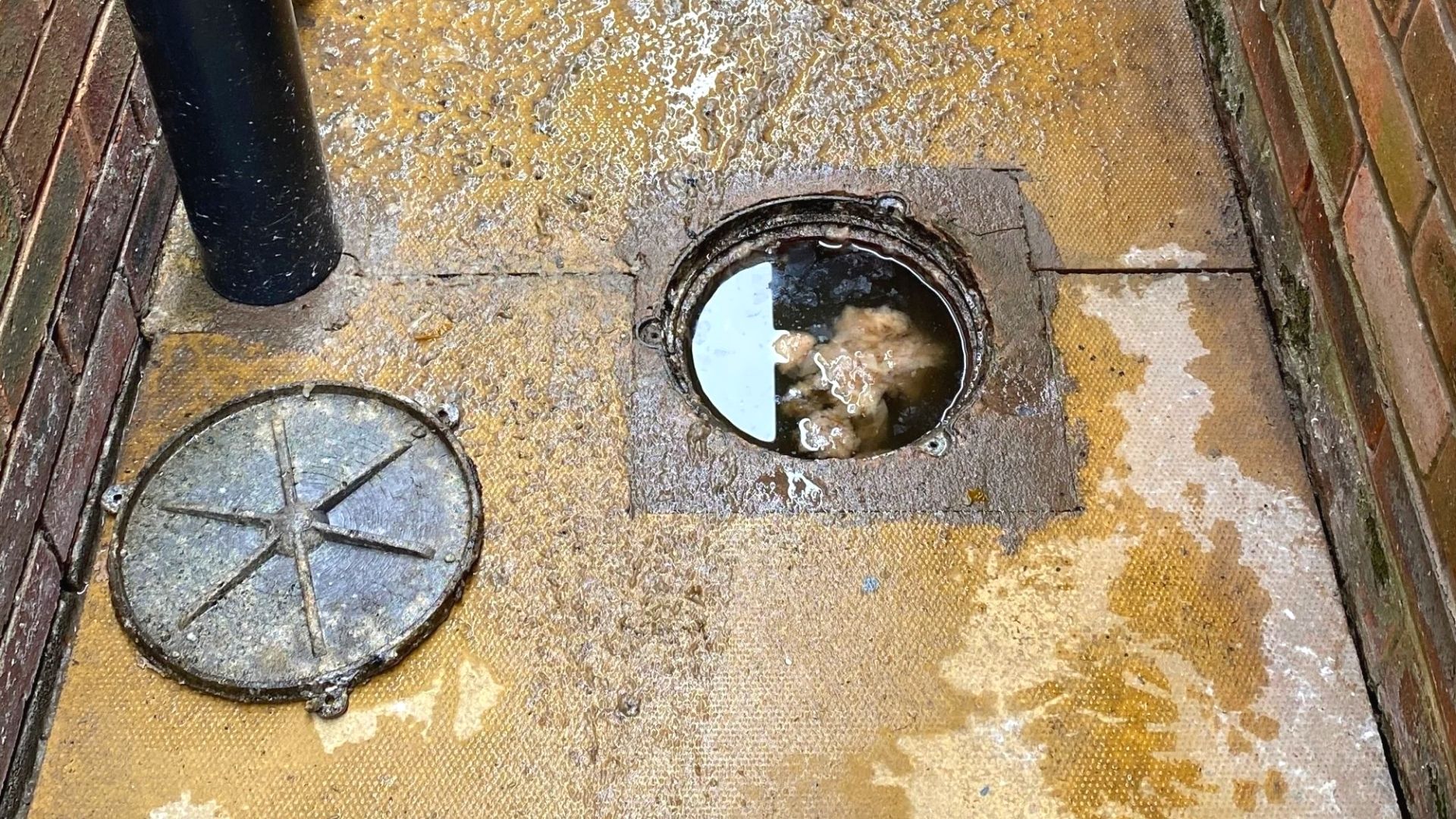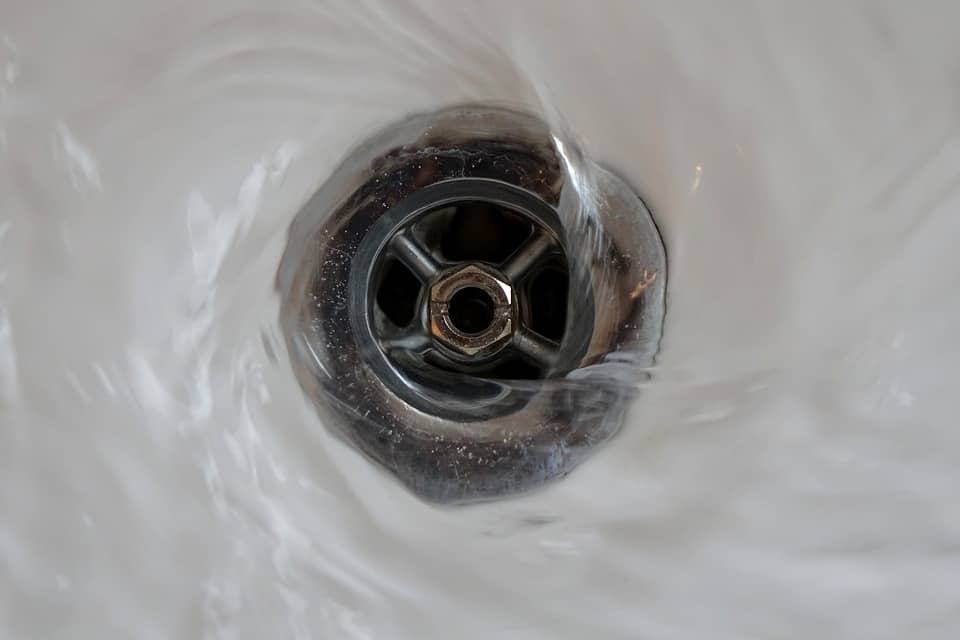Advice for Handling a Blocked Drain Before Contacting Professional Plumbers
Advice for Handling a Blocked Drain Before Contacting Professional Plumbers
Blog Article
The author is making a number of good annotation about How to handle a clogged drain in your home as a whole in this great article which follows.

Introduction
Taking care of an obstructed drainpipe can be an irritating experience, disrupting day-to-day tasks and potentially creating damage to your home. However, prior to connecting to pipes experts, there are steps you can take to resolve the concern yourself. In this overview, we'll discover DIY solutions and safety nets to deal with an obstructed drain effectively.
Identifying the Concern
The initial step in dealing with an obstructed drain is recognizing the indications. Slow-moving water drainage, gurgling audios, foul odors emanating from drains pipes, or water support up prevail signs of an obstructed drainpipe. Determining these indications early can assist stop additionally difficulties.
Typical Sources Of Blocked Drains
Recognizing the aspects that add to drain obstructions is crucial for effective resolution. Common offenders consist of hair, soap scum, grease, food debris, and foreign items like hygienic items or paper towels. Tree roots attacking below ground pipes can also create significant blockages.
Do it yourself Solutions
For small clogs, a number of DIY services can be efficient. Pouring boiling water down the drain can help liquify oil and debris. Baking soda and vinegar or a combination of salt and cooking soda can serve as all-natural cleaners. Making use of a bettor or plumbing serpent to dislodge obstructions is one more choice.
Tools and Equipment
Having the right tools accessible can make DIY drainpipe cleaning up extra effective. A plunger is a versatile device for removing blockages in sinks, commodes, and showers. A plumbing serpent or auger can get to much deeper obstructions, while drain cleaning chemicals can be used cautiously for stubborn blockages.
Safety nets
To avoid future clogs, embracing preventive measures is crucial. Install drain guards or strainers to capture hair and debris before they go into the pipelines. Frequently flush drains pipes with warm water to liquify grease buildup, and avoid getting rid of grease or solid waste down the tubes.
When to Call a Professional
While DIY services can settle small obstructions, particular indicators indicate the requirement for specialist aid. Persistent blockages, foul odors in spite of cleansing efforts, or several drains pipes supporting simultaneously are warnings that necessitate skilled intervention.
Picking the Right Pipes Service
When selecting a pipes solution, consider aspects such as experience, licensing, and customer evaluations. Pick a credible plumber with a track record of high quality handiwork and transparent prices methods.
Price Considerations
The cost of specialist drain cleaning company can differ relying on the extent of the obstruction and the plumbing professional's rates. Demand quotes from multiple suppliers and ask about any additional charges to make certain openness and avoid shocks.
Safety Precautions
When trying DIY drainpipe cleansing, focus on security. Use safety handwear covers and eyewear to avoid contact with hazardous chemicals or germs. Never ever blend various drain cleansing items, as this can generate unsafe fumes.
Case Researches
Real-life instances show the performance of DIY remedies and the value of prompt specialist intervention in dealing with drain clogs.
Conclusion
By complying with the ideas outlined in this overview, you can properly take on blocked drains and avoid future plumbing problems. Whether opting for DIY solutions or seeking specialist aid, timely activity is essential to preserving a healthy plumbing system and protecting the stability of your home.
How to Clear a Clogged Drain Yourself (And When to Call In the Professionals)
What Can Clog a Drain
Dirt Skin flakes Hair Grease Soap scum Food Offset pipes Tree roots Small objects Mineral buildup DIY Tricks to Unclog a Drain
You can fix this! Once you have identified the source of the clog (or have a vague idea), you can try one or a combination of these fixes in order to clear your plumbing.
Wire Hanger or Snake
Untangle and clear out hair from a drainpipe with a homemade snake. Use a straightened-out wire hanger with a 90-degree angle hook to locate the clog and drag out any unwanted material.
Remember not to push the clog further down to where the wire hanger cannot reach! If you need to follow up with a plunger, give it a try. Your efforts might be more successful after it’s been wire-snaked.
If you want to get fancy and don’t have a wire hanger to spare, head to the store and pick up a hand-operated drain snake. You can get one for $10-$30. It may save you the hassle, and provide additional length to reach deep into the clogged pipe.
Plunger
A cup plunger has a suction cup attached to a wooden handle. The rubber creates a seal around the drain, and increases the pressure force of the plunger.
Plunge for 30-second increments to loosen the clog. This may need to be repeated over the course of 15-20 minutes. Once plunged, run the water to flush the remaining material out of the drain.
Remember– never use a plunger if you have used a chemical drain cleaner. These chemicals can splash up from the force of the plunger and cause serious injury or burns.
Boiling Water
Hot water can sometimes break up materials into a flushable amount. Dirt, grease, and soap buildup requires heat in order to unstick from surfaces.
Take your kitchen kettle and heat your water to a boil. Once it reaches a rolling boil, pour it directly down the drain into the blockage. Carefully follow with plunging, if necessary.
Don’t worry if this takes more than one try! It can often take multiple kettles and repeated plunging in order to clear a particularly stubborn clog.
Chemical Drain Cleaner
As a last resort, pick up a bottle of chemical drain cleaner. Drain-cleaning chemicals are potent, and not very good for the environment.
You may need to wear protective eyewear in gloves before handling your bottle of chemical drain cleaner. Follow the instructions printed on the bottle, and flush with water as soon as the instructions allow. Do not follow with plunging.
Baking Soda and Vinegar
As a safer alternative to chemical drain cleaner, baking soda and vinegar can create a chemical reaction that clears tough clogs.
Combine one cup of cleaning vinegar with one cup of boiling water, and set aside. Once you have done this, pour half a cup of baking soda down the drain. Give the baking thirty seconds to settle and cover a large portion of the problem drain.
Following the baking soda, pour down your vinegar and hot water solution. Once the vinegar and baking soda combine, the mixture will bubble and fix. Let this reaction fizzle in the drain for about an hour.
After an hour, follow with a kettle’s worth of hot water. The heat and liquid should flush out any remaining material.
When to Call a Plumber
If your DIY attempts haven’t cleared your clog drain, it’s time to call in a professional. It’s not worth losing access to your kitchen sink or high-traffic bathroom. A clog in a vital area can keep you from the things you’d rather be doing, and derail your routine.
Anytime a clog is causing water to spread is a time to call in a plumbing service. What starts out as a little bit of water can quickly grow into serious, expensive water damage.
Additionally, a serious clog can result in burst pipes or serious leaks. Make sure you know when to take it seriously!
https://myguysnow.com/how-to-clear-a-clogged-drain-yourself-and-when-to-call-in-the-professionals/

As a reader about Tips for Dealing with Clogged Drains and Sewer Lines, I was thinking sharing that short article was important. Be sure to take the opportunity to promote this blog if you enjoyed it. Thank you for your time spent reading it.
Click For More Info Report this page